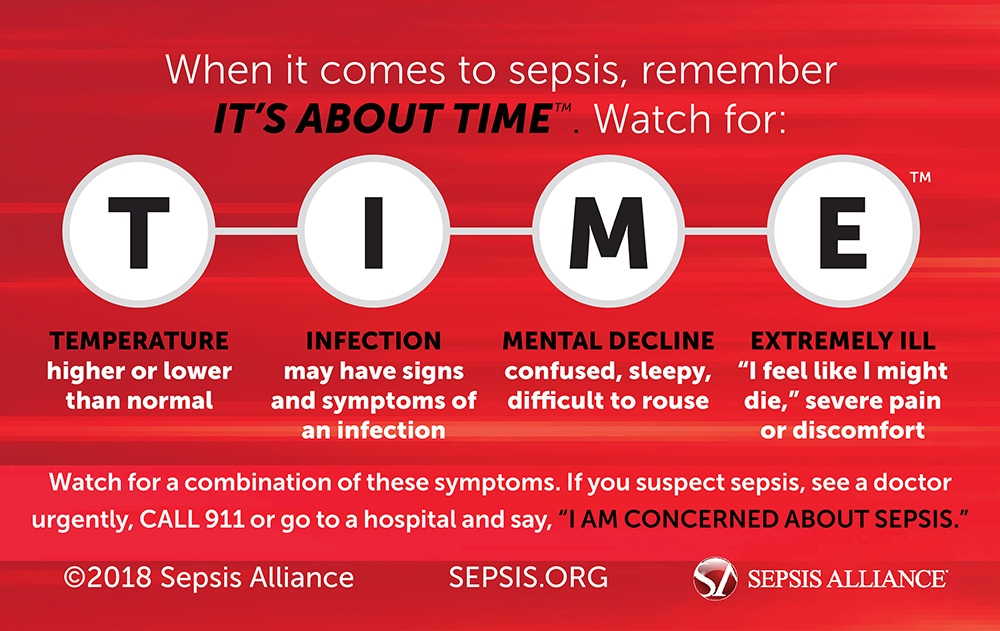Story
Caroline is a quadruple amputee and sepsis survivor who requires funding for vital equipment to ensure she can live a happy independent life. To learn more about her story and why we're asking for help, please read below.
On the 22nd of March, my mother, Caroline Coster came down with the symptoms of COVID-19. After a period of feeling extremely unwell, she started to feel better and was eventually able to start resuming normal activities. However, she soon started to feel unwell again and was diagnosed with a chest infection. Feeling worse and worse over the next few days, she phoned her doctor, who prescribed antibiotics and sent out an ambulance, who checked her over and said she was fine.
Things didn't get better. She got in touch with her preferred GP, who listened to her concerns and provided a different antibiotic. Crucially, this GP then phoned back two days later to hear how she was. Had she not done that, Caroline would be dead. On hearing her symptoms and that they weren't any better, her doctor sent her to A&E, where she was very quickly triaged down to critical care. She had developed sepsis, the body's over-reaction to an infection (in this case pneumonia) which causes your body to begin shutting down your organs and rapidly reduces blood flow.
Things got worse and worse, and our family endured a heart-wrenching few weeks where we were told twice that they were going to withdraw care if things didn't improve. However, Caroline showed small improvements, and the doctors refused to give up on her; one of them moved by an exchange they had with Caroline when she first came in. "Is there anything you do or do not want me to do?" one of them had asked her. Caroline said "I trust you to do the right thing to look after me." They couldn't give up on her yet.
After almost a full month in a medically induced coma, doctors performed a sedation hold, and miraculously, Caroline's kidneys, blood pressure and other vitals all started to heal. However, she had been unwell for such a long time that the combination of DIC caused by sepsis and vasopressors they had her on to redirect her limited blood flow to her brain and vital organs had caused her hands and feet to turn black and die. They were now a source of pain and a hindrance as she could not use them anymore, so had to be amputated.
Quickly, Caroline has come around to her new reality. She is at peace with the loss of her hands and feet, as they are not what make her the person she is, and has faced this challenge with a positivity and determination that few of us could match. She is looking forward to what the future brings and hopes down the line to return to her fundraising work for the Make a Difference Foundation, which funds women's businesses in Utange, Kenya, as well as a school for the disabled.
However, the reality is that she will require a huge amount of adaptations and specialised equipment in order to be able to live a normal, independent life, return to hobbies and stay in the home she loves. Sadly, public funding for many of the items we need is very limited.
Money raised will go towards lots of things, such as adaptations around the home to enable her to move around easily and reach objects, a phone that she can unlock with face recognition with a larger screen, a bathroom that she can use independently, private hand prosthetics and mobility aids. There are many more things that we cannot list as if we did, the list would be enormous and doubtless exclude things we haven't thought of yet!
To learn more about sepsis, you can visit the Sepsis Trust at https://sepsistrust.org/.
